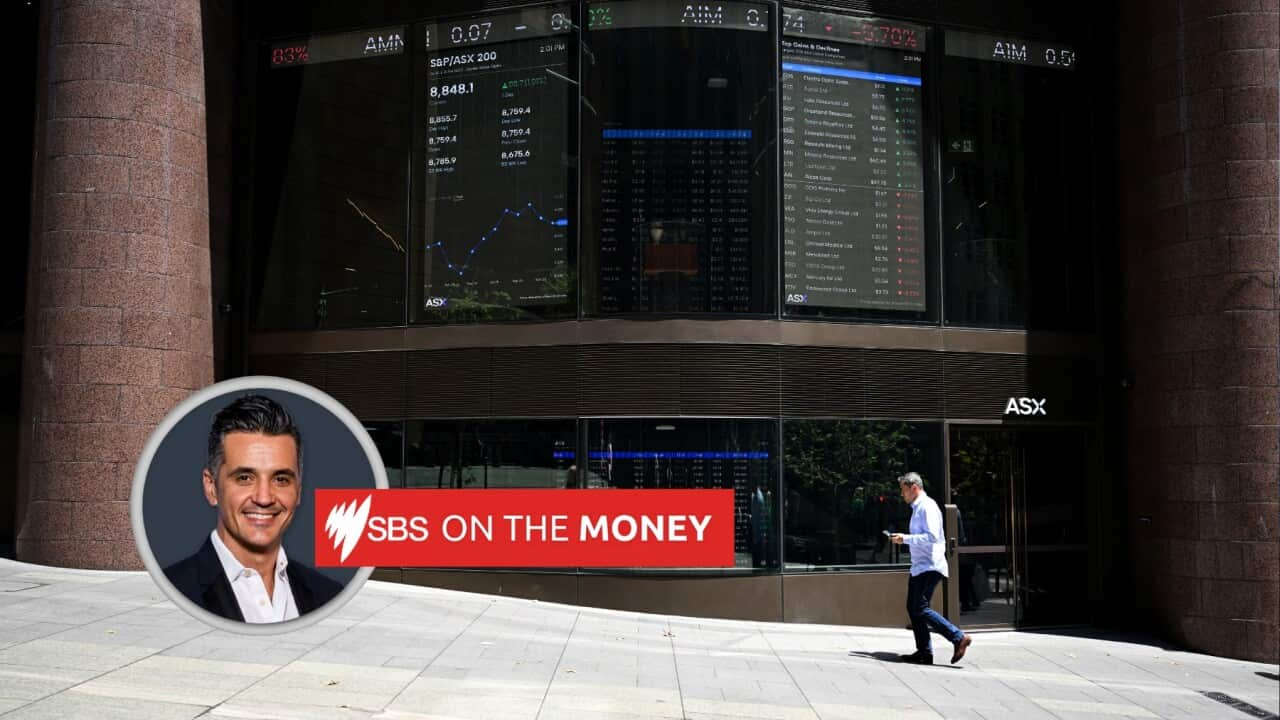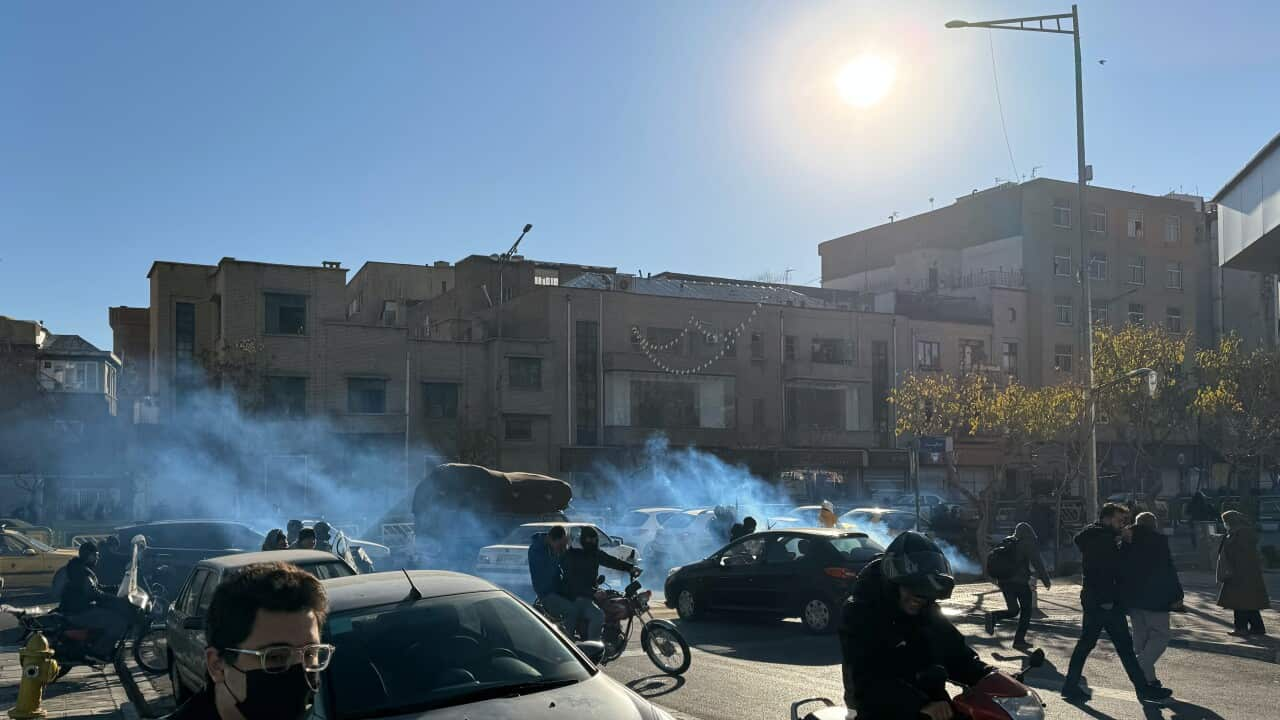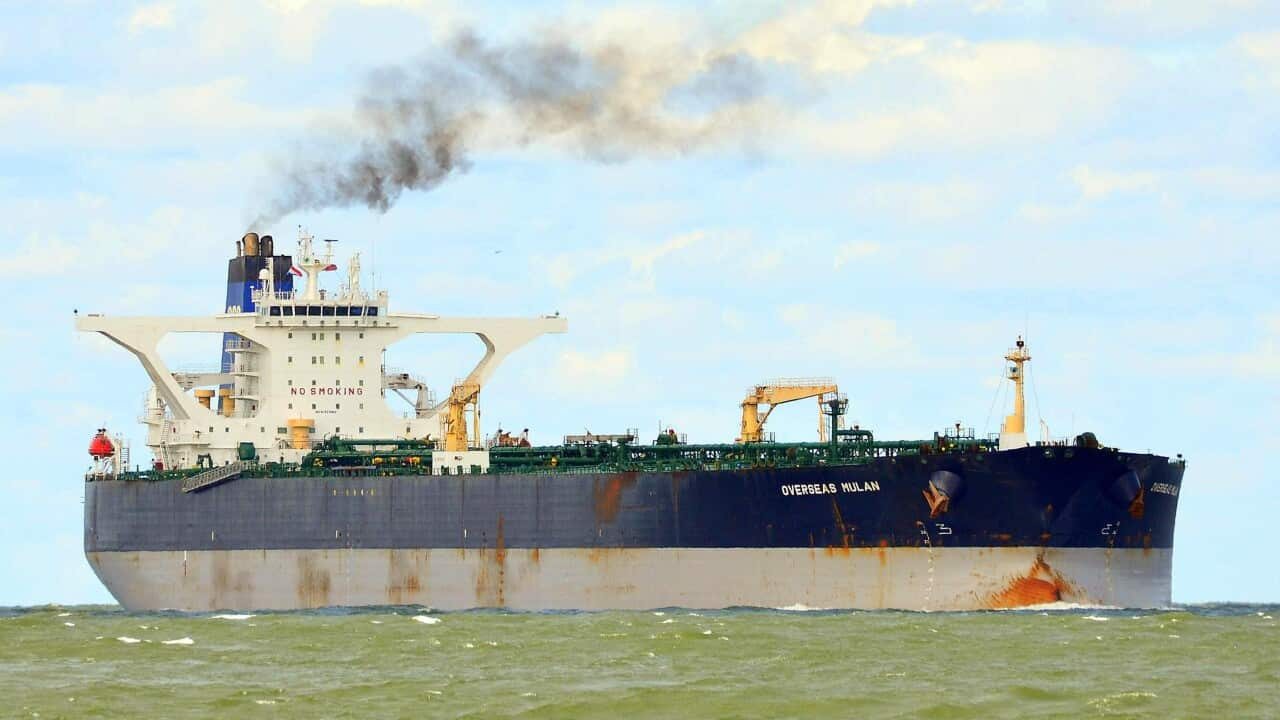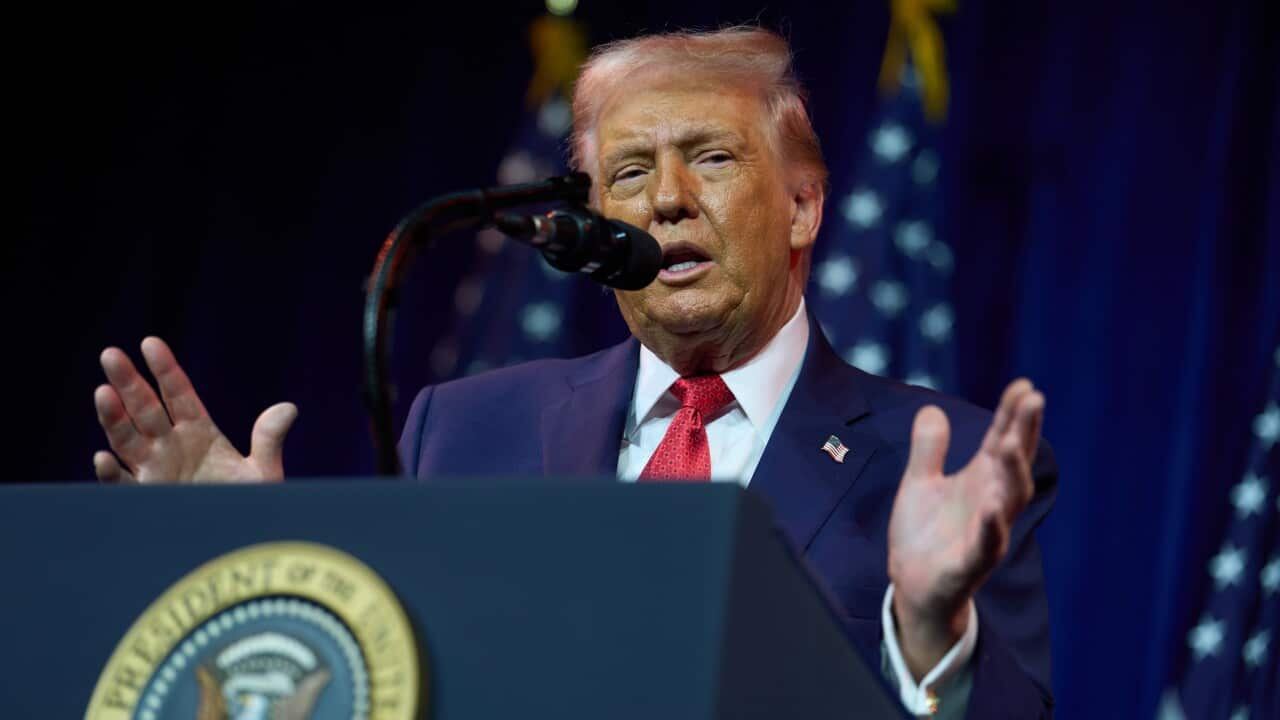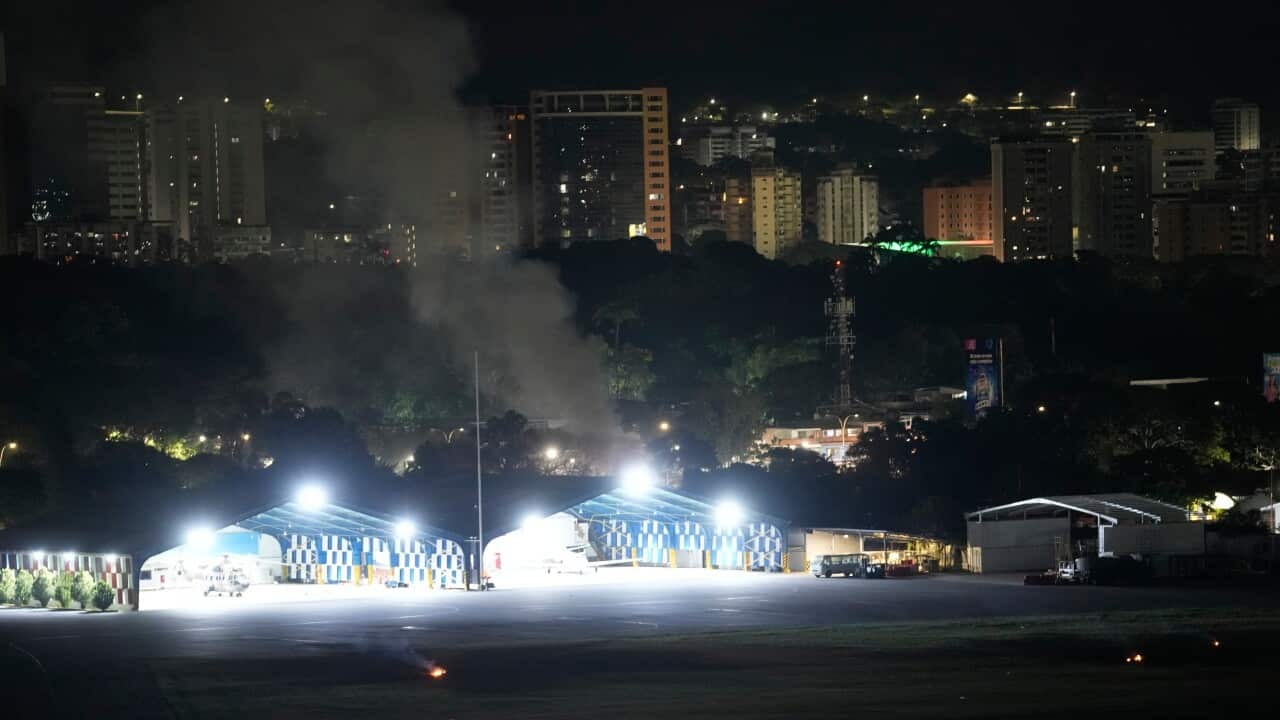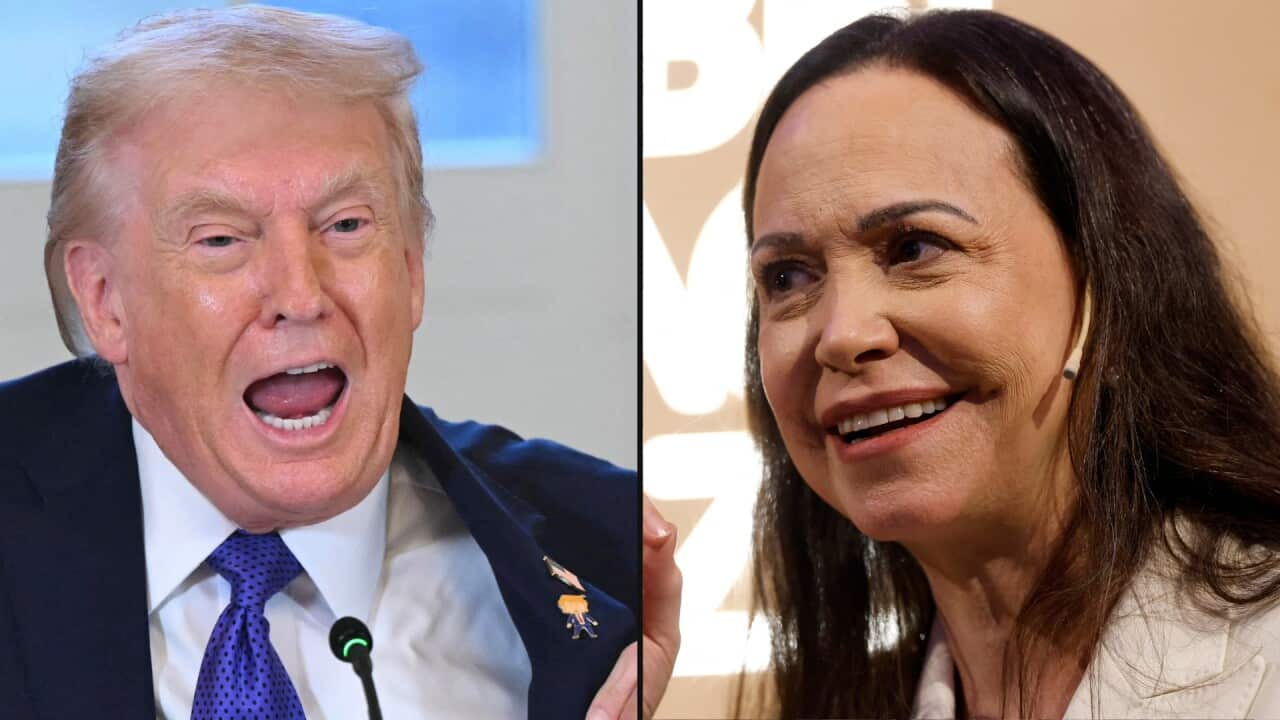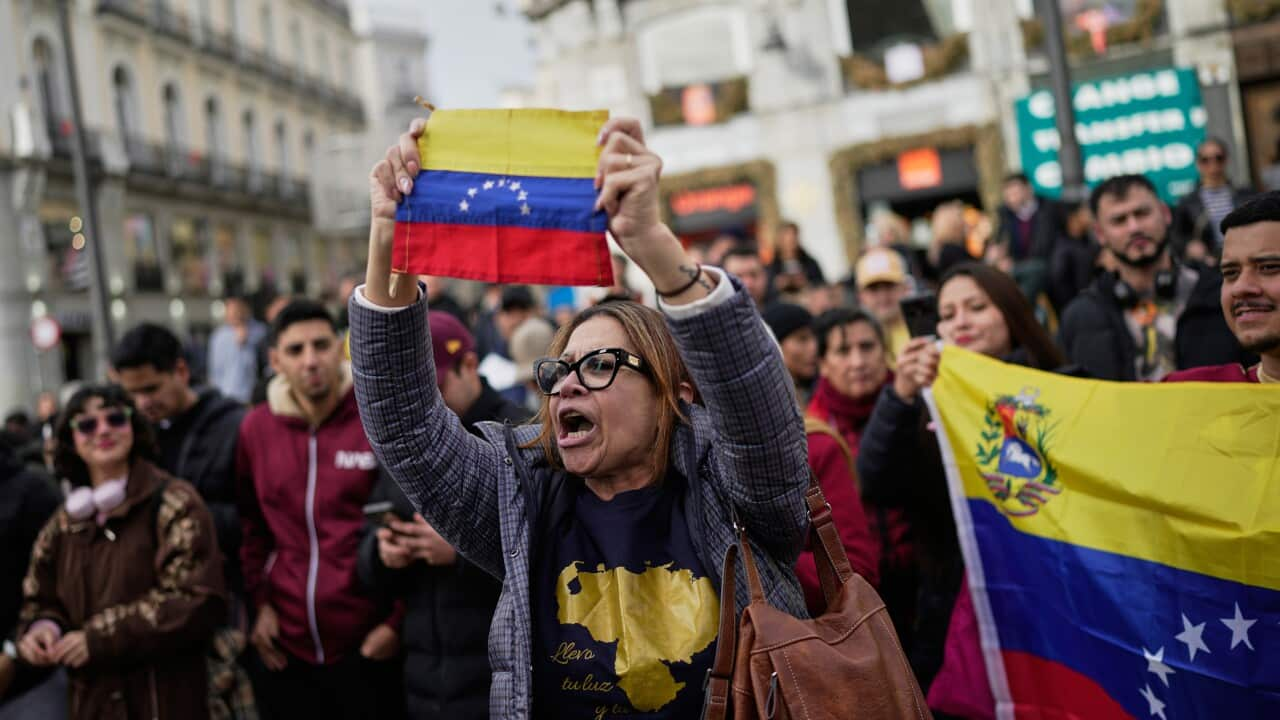TRANSCRIPT
Leaders from nine Southeast Asian nations have convened in Melbourne for an ASEAN summit.
Australia is hosting the event, giving Prime Minister Anthony Albanese the chance to take the lead in the region.
The Association of Southeast Asian Nations' was formed in 1967, to promote economic and social advances in the region, and bolster regional security.
Australia isn't part of the association, but has a long standing relationship with the group - this year the summit is marking 50 years since Australia became ASEAN's first dialogue partner.
Anthony Albanese says he is focused on creating a stable indo-pacific region.
"We believe in an Indo Pacific region that is open stable and prosperous and where sovereignty is respected and differences are settled through dialogue and agreed rules and norms."
Nine of the ten ASEAN leaders are attending the summit, with Timor Leste's President also attending this year's event.
Myanmar won't be represented by its military chief Min Aung Hlaing at the meeting, with Australia maintaining ASEAN's existing ban on political representation by senior members of the junta.
Protestors made their views clear with a group rallying outside the Melbourne Convention and Exhibition Centre behind banners reading 'Stop Myanmar's Military Junta' in an effort to highlight the country's political plight.
"ASEAN do not support terrorist Junta. ASEAN do not support terrorist Junta. ASEAN do not support terrorist Junta."
In 2021 the army seized power from Myanmar's elected government.
More than 4600 civilians, including women and children, have since died, although the UN expects the actual toll to be higher.
Other Myanmar officials will attend the summit.
Stability in the region is at the heart of the engagement.
Australia's foreign minister Penny Wong announcing funding for maritime partnerships in the region.
"The countries of our region rely on oceans, seas and rivers for livelihoods and commerce, including free and open sea lanes in the South China Sea. The ASEAN Charter and the ASEAN Treaty of Amity and Cooperation in Southeast Asia both set norms for the region, and for our approach to preventive diplomacy and conflict prevention – including in the maritime space. Australia is working with ASEAN to increase resilience to coercion, and to ensure waterways that serve us all remain open and accessible. Which is why I am pleased to announce we will commit a further $64 million over the next four years, including $40 million in new funding, to enhance Australia’s Southeast Asia Maritime Partnerships."
Conflicts further afield were also on the agenda.
Malaysia's Prime Minister, Anwar Ibrahim, pushing for a ceasefire in Gaza.
"The general consensus is calling for ceasefire and good humanitarian support, probably avoiding the contentious issues between Palestine and Israel, but at least for now, the ceasefire and humanitarian assistance."
Prime Minister Anthony Albanese also calling for a ceasefire, looking towards a two state solution.
"Our call for humanitarian ceasefire a call for hostages to be released a call for a political solution. That must include a two state solution where Palestinians and Israelis can live with security and stability side by side that is in the interest of everyone in the region."



